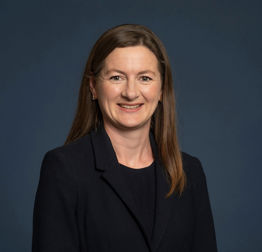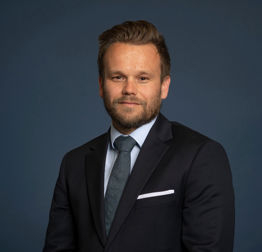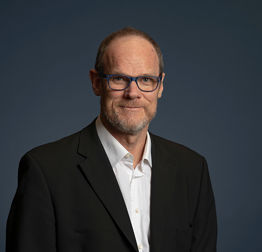In an important and precedent setting decision, the Chief Judge of the High Court has held that the director of the Serious Fraud Office (SFO) acted unreasonably and unlawfully in excluding Queen's Counsel, Marc Corlett QC, from representing a former Zespri Group Limited (ZGL) director at an SFO interview. Mr Corlett has considerable experience in SFO investigations and prosecutions.
In this case, Mr Corlett was instructed to act for a respected former director of ZGL in the course of a SFO interview. The SFO sought to interview that director in the context of an investigation into the affairs of ZGL.
The SFO sought to exclude Mr Corlett from representing the former ZGL director at the SFO interview on the basis that Mr Corlett's presence at the interview had the potential to prejudice the "integrity of the investigation". Mr Corlett had acted for other interviewees, including one who the SFO considered a key witness. The SFO asserted that there was a risk that Mr Corlett would inadvertently disclose information from that witness to other interviewees for whom he also acted. The SFO considered that such a disclosure would result in the "tailoring of evidence" given by interviewees in the course of their s 9 interviews with the SFO. The SFO therefore barred Mr Corlett from appearing for that former ZGL director, as well as a number of other interviewees.
The Court held that the director of the SFO's decision was unlawful and unreasonable. The Court found that the evidence did not support the conclusion that Mr Corlett's presence at the interview in question would or would be likely to prejudice the investigation or the examination process.
The important points of principle are:
- The director of the SFO has an implied power to exclude counsel if the director concludes on reasonable grounds and in good faith that to allow the particular representation will or is likely to prejudice the investigation (at [46])
- The integrity of an investigation is achieved by ensuring that the investigation is carried out in accordance with relevant statutory provisions and respecting the constitutional rights of those affected (at [58])
- In many situations of multiple representation there will be no conflict of interest, and in the absence of evidence to the contrary lawyers can be assumed to fulfil their professional duties and obligations and to identify conflict and decline to act (at [60])
- The secrecy provisions of the SFO Act do not prevent counsel from attending multiple interviews, because there is little logical difference between counsel advising an interviewee generally, and attending a s 9 interview with the interviewee (at [64])
- If witnesses are to give differing evidence, that is not a matter that will be influenced by counsel's presence at the interview, or at least counsel's knowledge obtained from a prior interviewee (at [65])
- Counsel may be instructed to act for interviewees by a firm of solicitors acting for the company under investigation (at [66])
- There is a strong presumption in favour of freedom of choice of legal representation at the s 9 interview (at [69]).
The Court awarded costs against the SFO.
This decision will likely also be of relevance to the conduct of investigations by the Financial Markets Authority and the Commerce Commission.
Note: Scott Barker of Buddle Findlay is retained by ZGL in relation to the SFO investigation.
See the Court's decision here.









